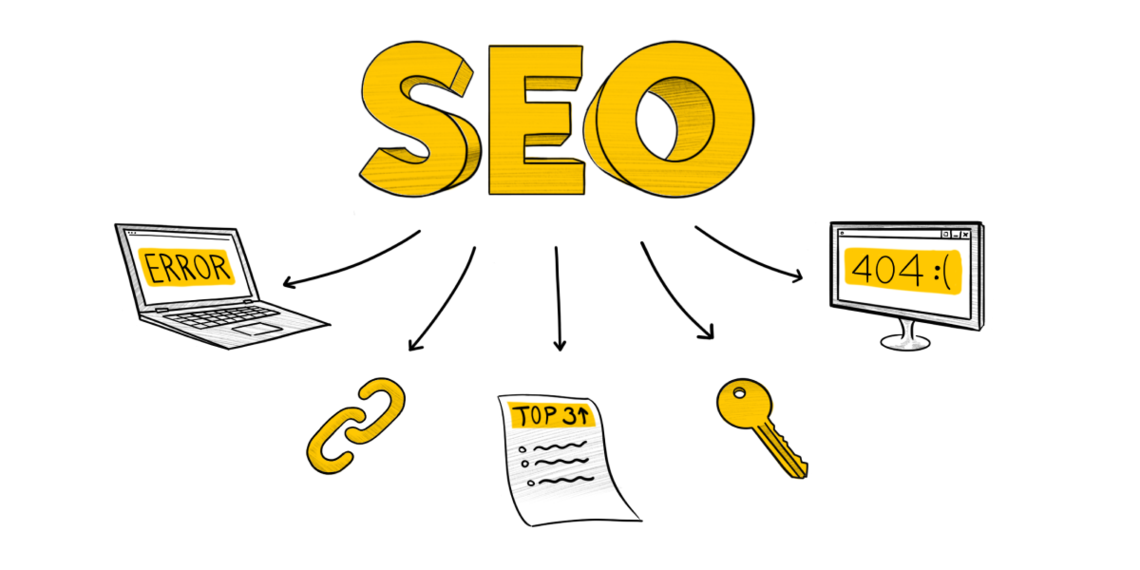In the highly competitive world of software-as-a-service (SaaS), standing out in search engine results is crucial. One of the foundational pillars to achieving online visibility and driving organic traffic is keyword research. Without proper keyword research, your SEO strategy may fall flat, wasting time and resources. This article will guide you through the process of conducting keyword research specifically tailored for SaaS products, ensuring your efforts align with the unique challenges and opportunities of the SaaS market. If you want to excel at seo for saas, mastering keyword research is non-negotiable.
Why Keyword Research is Vital for SaaS Products
Before diving into the process, it’s important to understand why keyword research matters, especially for SaaS companies. SaaS products often have highly specialized features, niche markets, and unique buyer personas. Unlike broad consumer products, SaaS solutions often target business users, developers, marketers, or other professionals searching for solutions to specific pain points.
Keyword research helps you:
- Identify terms your potential customers are searching for
- Understand user intent behind searches
- Find gaps in competitor strategies
- Discover long-tail keywords with higher conversion potential
- Inform content creation and product positioning
Without a strategic keyword foundation, your seo for saas efforts may miss the mark, leading to low traffic and poor engagement.
More information on https://fortunatos.io/blog/saas-seo/
Step 1: Understand Your SaaS Buyer Personas
Keyword research starts with a deep understanding of your ideal customers. Who are they? What problems are they trying to solve? What terms would they use to search for a solution like yours?
Creating detailed buyer personas helps you anticipate the keywords and phrases your audience is likely to use. For example, a project management SaaS might have personas such as:
- Small business owners looking for simple collaboration tools
- Enterprise managers seeking robust project tracking software
- Freelancers needing time management features
Each persona will have different search behaviors and language, which should influence your keyword targeting.

Step 2: Brainstorm Seed Keywords
Seed keywords are the foundation for your research. These are broad terms related to your product and industry. For example, if your SaaS product is an email marketing platform, your seed keywords might include:
- Email marketing software
- Marketing automation
- Email campaign tool
Use your product’s core features, benefits, and industry jargon to generate a robust seed keyword list.
Step 3: Use Keyword Research Tools
Next, leverage keyword research tools to expand your seed list into a comprehensive set of keywords. Some popular tools include:
- Google Keyword Planner
- Ahrefs
- SEMrush
- Moz Keyword Explorer
- Ubersuggest
Enter your seed keywords and explore the suggestions these tools provide. Focus on metrics such as:
- Search volume: How many times the keyword is searched monthly
- Keyword difficulty: How competitive the keyword is in organic search
- CPC (cost per click): Useful to gauge commercial intent
- Trends: Seasonal or growing interest
For SaaS products, it’s essential to balance between high-volume, competitive keywords and longer-tail, niche terms that can drive qualified traffic.
Step 4: Analyze Competitor Keywords
Understanding what keywords your competitors rank for can uncover valuable opportunities. Use competitive analysis features in tools like Ahrefs or SEMrush to see:
- Which keywords drive traffic to competitor sites
- What content ranks highest
- Gaps where competitors are not targeting specific keywords
This insight can help you refine your list and identify underserved keywords that your SaaS product can target to gain an edge in SEO.
Step 5: Categorize Keywords by Buyer Journey Stage
The SaaS buyer journey typically includes awareness, consideration, and decision stages. Different keywords align with each stage:
- Awareness: Informational searches (e.g., “what is email automation?”)
- Consideration: Comparison or solution research (e.g., “best email marketing software 2025”)
- Decision: Purchase intent keywords (e.g., “buy email marketing tool”)
Categorizing keywords helps you create content tailored to each stage, improving engagement and conversion rates. This strategic approach is a key element of effective seo for saas.

Step 6: Prioritize Keywords Based on Intent and Value
Not all keywords are equally valuable. Focus on those with clear commercial intent and high relevance to your SaaS offering. For example, informational keywords are great for blog content and attracting new visitors, but decision-stage keywords often bring in paying customers.
Use a scoring system or matrix to weigh:
- Relevance to your product
- Search volume
- Keyword difficulty
- Conversion potential
Prioritize a balanced keyword portfolio that targets both short-term conversions and long-term brand building.
Step 7: Incorporate Keywords into Your SEO Strategy
Once you finalize your keyword list, the next step is integration. Effective seo for saas means naturally incorporating keywords into:
- Website copy (home page, landing pages, product descriptions)
- Blog posts and educational content
- Meta titles and descriptions
- URLs and headings
- FAQs and help documentation
Avoid keyword stuffing; instead, focus on creating valuable content that answers user queries and matches search intent.
Step 8: Monitor, Measure, and Adjust
Keyword research isn’t a one-time activity. The SaaS landscape evolves rapidly, with new competitors, changing search trends, and product updates. Regularly monitor keyword performance using Google Analytics, Search Console, and SEO tools to see:
- Which keywords drive traffic and conversions
- Changes in keyword rankings
- Emerging keyword opportunities
Use these insights to refine your keyword strategy continuously and stay ahead in your seo for saas efforts.
Additional Tips for SaaS Keyword Research Success
- Target long-tail keywords: These often have lower competition and higher conversion rates.
- Use customer feedback: Incorporate language your customers use in reviews, support tickets, and surveys.
- Focus on benefits and outcomes: SaaS buyers often search for solutions to problems, not just product names.
- Leverage content clusters: Group related keywords into topics for comprehensive content strategies.
- Optimize for voice search: With the rise of voice assistants, consider natural, conversational keywords.
Conclusion
Keyword research is the backbone of any successful SEO strategy, particularly for SaaS products. By understanding your audience, leveraging the right tools, analyzing competitors, and aligning keywords with the buyer journey, you can build a strong foundation for seo for saas success. Remember, the goal is not just to attract any traffic, but to attract the right traffic users who are ready to engage, try, and ultimately buy your SaaS solution.
Invest the time in strategic keyword research, and you’ll see your SaaS product climb search engine rankings, grow your user base, and increase revenue over time.





